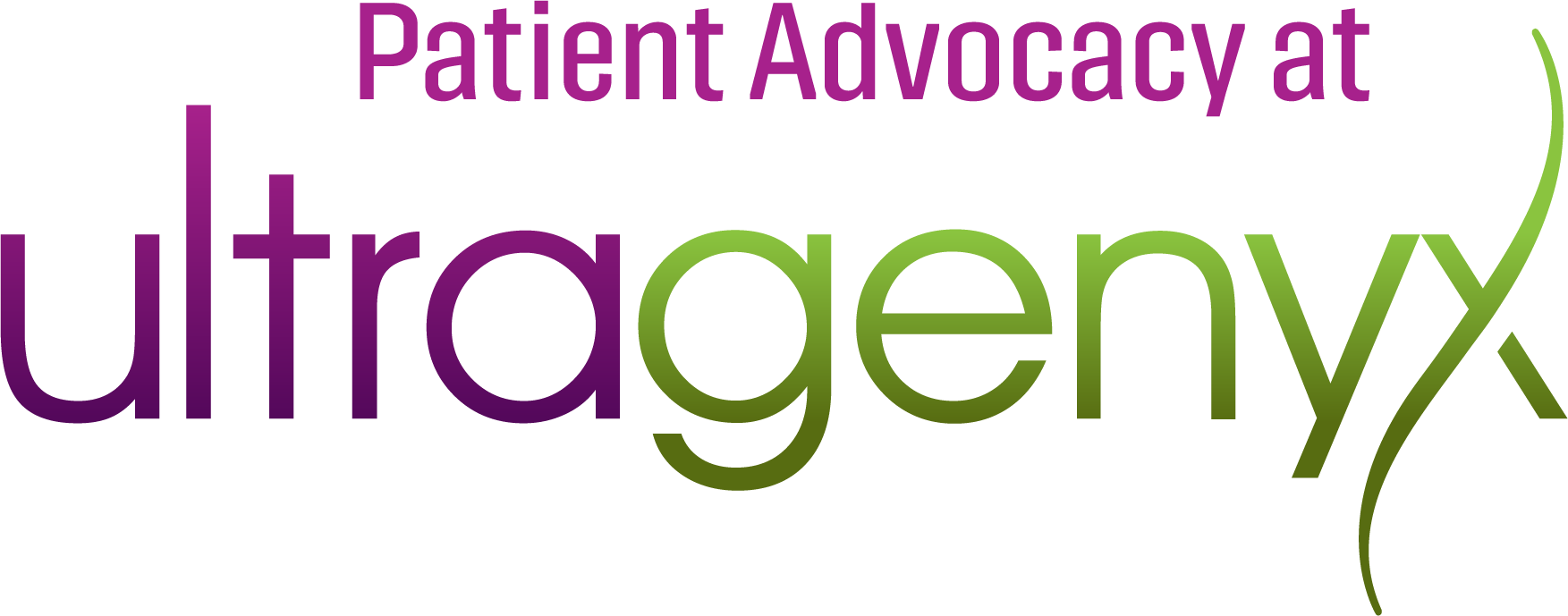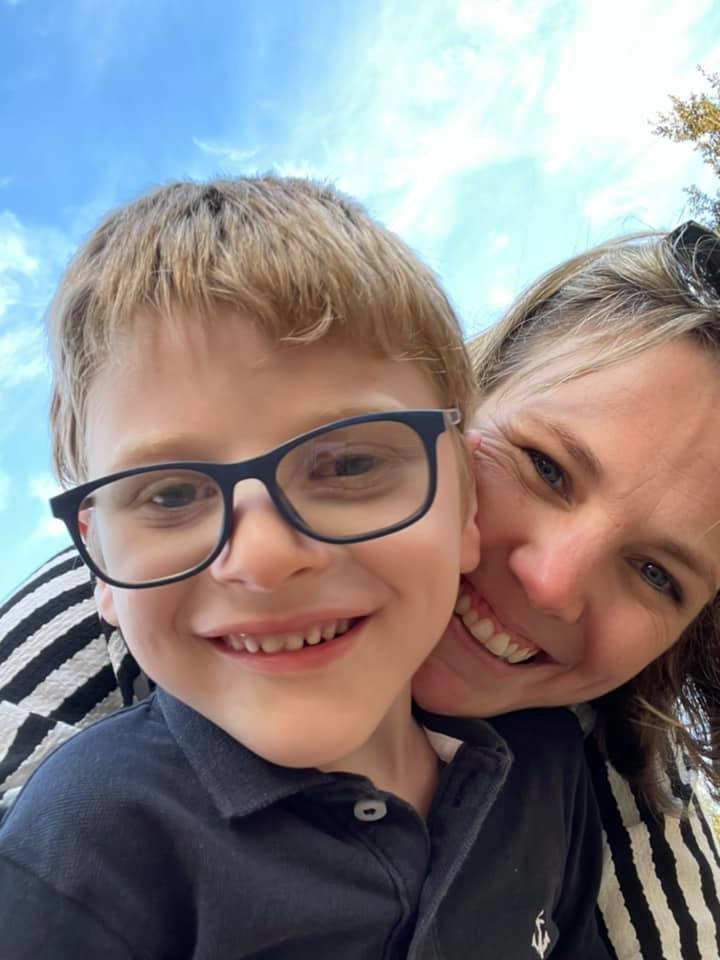Our journey to diagnosis begins much like many other stories in the Angelman community. Colin, our first born, arrived at 38 weeks after an uneventful pregnancy. He was long, lean, and had a headful of beautiful blond hair. We were discharged from the hospital and eager to settle in as a new family of 3.
Noticing the Symptoms
Once we were home, we began to notice subtle signs that something was amiss. These signs alone wouldn’t amount to much, but as the weeks went by and more symptoms came to light, it became evident that Colin’s development wasn’t on track.
He didn’t nurse well and couldn’t transition to a bottle. He had severe reflux and constipation, even as an infant. He had poor head control and a weak core – even into four, five, and six months, Colin was unable to hold his head up during tummy time or sit, even with assistance. He didn’t track objects or react to seeing us. He didn’t bring things to his mouth. He didn’t play with toys. His reflexes weren’t integrating. He didn’t coo or babble. He rarely ever slept.
Searching for an Answer
I work as a speech-language pathologist and because of my background, I knew typical development, and I knew that what we were seeing with Colin wasn’t that.
One of the most frustrating things about the journey to diagnosis is often how hard we had to fight for it.
For four months, we were dismissed, pushed aside, told we were anxious new parents, that I knew “too much” because of my profession. The first eight months of Colin’s life were spent running back and forth for doctor’s appointments and advocating to see specialists. We went from pediatrics to ophthalmology, back to pediatrics, started physical therapy and occupational therapy, visited an ENT, then off to neurology, and when Colin was six months old, we were able to slip into a last-minute appointment with genetics. Our appointment was approximately 45 minutes long and consisted of a brief history and physical of Colin and a blood draw. We were sent on our way with the promise to call us soon with results. It took two months for the results to come back, mostly due to delays from insurance denials.
We sat there, in shock, as she read an incredibly long list of things our son would never do.
He may never walk, he’ll never talk, he’ll never feed himself or dress himself. He’ll never be potty trained, play sports, drive a car. He’ll never earn a high school diploma, have a job, get married, or have children. He’ll never live independently. He will have life-threatening seizures. And worst of all, there isn’t a cure. It was gut punch after gut punch, but that last blow hurt the most.
Finding a Community
My husband, Brian, and I quickly re-evaluated our family’s needs and made new plans. We relocated to be closer to family and we leaned into life with Angelman syndrome (AS). Colin began therapies five days a week and we began to get involved in the Angelman syndrome community. We found the Foundation for Angelman Syndrome Therapeutics (FAST) through our online Angelman community. We took the leap and flew from Orlando to Chicago to attend the annual FAST Summit and Gala in 2016.
We had found a community. We had found hope. In the Angelman world, good news is not something that is often delivered.
To say the event was transformative for us would be an understatement. We were welcomed into the community with open arms. We sat, front and center, as we listened to researchers explain what they were working on and how that might one day help our child.
This Summit and Gala weekend poured so much good news into our souls. We soaked up every single sight, sound, and feeling of that weekend.
Although we’ve seen incredibly difficult times and life with Angelman syndrome is tough for Colin, we’ve grown as a family and we’re watching him thrive. Colin took his first steps just before his fourth birthday. He’s potty training and learning how to use a communication device. We continue to push him to be the best he can be.
Each year, we return to the FAST Summit and Gala to hear the latest updates in the Angelman research space and spend time with our friends turned family. We became more involved with the community – I now serve as the vice-chairperson on the FAST Board of Directors and help newly diagnosed families find their footing in the community, both online and through local connections.
While Colin continues to put in the work to be the best he can be, our community continues to fundraise and push research in a forward direction. While we don’t know what his future holds exactly, we are hopeful for better communication, fewer seizures, and increased independence in his daily life. We continue to keep our eye on the prize – a better quality of life for Colin and all individuals with Angelman syndrome.
Written by Kelly, Colin’s mother
Angelman Syndrome (AS)
Learn more about Angelman Syndrome, accessing related resources, and finding opportunities to participate in research for AS.
Learn More about AS
